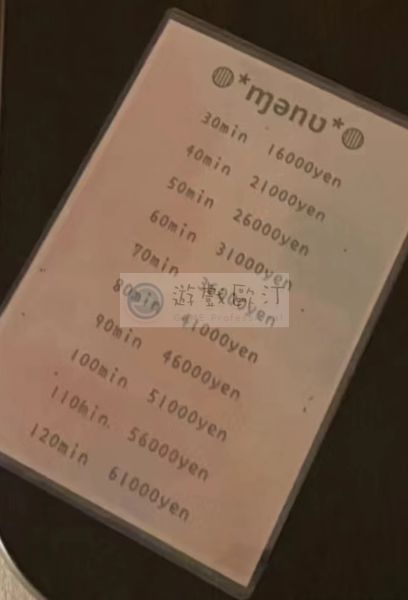遊走灰色地帶的日本泡泡浴服務
日本的泡泡浴服務(ソープランド,Soapland)是提供特殊按摩服務的場所,歷史悠久且受法律規範,與一般的溫泉浴或桑拿不同,是由工作人員為客人提供身體清潔和放鬆按摩,通常包括泡泡沐浴和身體接觸的服務。這類設施在日本並非完全非法,但必須遵守法律限制,這導致這類服務在日本的存在非常隱秘,並且大多位於特定地區,如東京的吉原或神戶的福原風俗地區等。
消費方式通常是客人先支付固定的費用,這包括沐浴服務和按摩的費用。進入設施後,會被帶到一個私人房間,工作人員會使用肥皂和水為客人進行身體清潔,接著進行按摩,目的是放鬆身心。部分泡泡浴場所會提供更進一步的服務,但這通常取決於場所的規範和工作人員的同意。高端場所可能提供更奢華的服務,價格也相對較高,會與高檔酒店合作,專門針對外國遊客或當地有錢的顧客群體。
優點是其服務的私密性和個性化。每位客人都有獨立的房間,不像傳統的公共浴場那樣共享空間,這使得服務過程更加舒適且隱密。設施通常也非常豪華,提供極致的享受與放鬆,從而吸引部分尋求高品質服務的顧客。
然而,這類服務的價格較高,普通民眾可能難以負擔。此外,這些設施的法律地位模糊,儘管合法經營,但部分服務可能會涉及法律灰色地帶,這對顧客和工作人員都可能帶來風險。其次,服務過程中的身體接觸和親密行為可能引發一些健康和安全問題,尤其在衛生管理不嚴格的情況下。這類服務在國際上也可能面臨文化和道德爭議,有些人認為這種服務有剝削或物化女性的嫌疑,這也為泡泡浴產業帶來社會與論壓力。
總的來說,日本的泡泡浴是高度專業化的服務產業,擁有其特定的消費群體和法律框架。雖然提供私密且奢華的放鬆服務,但也伴隨著一定的法律風險和道德爭議。
Japan's soapland services (ソープランド) are establishments that offer special massage services, with a long history and regulation under Japanese law. Unlike regular hot springs or saunas, these services involve staff providing body cleaning and relaxing massages to clients, typically including bubble baths and body contact. Although these establishments are not entirely illegal in Japan, they must adhere to strict legal restrictions. As a result, soaplands operate discreetly and are primarily located in specific areas, such as Yoshiwara in Tokyo or Fukuhara in Kobe’s red-light districts.
The process usually begins with clients paying a set fee that covers both the bath and massage services. Upon entering, the client is led to a private room where a staff member uses soap and water to thoroughly clean the client’s body, followed by a massage aimed at providing relaxation. Some soapland establishments may offer additional services, though this depends on the specific regulations of the establishment and the consent of the staff. High-end establishments may offer more luxurious services, with prices reflecting the exclusivity, often catering to foreign tourists or wealthy local clientele in collaboration with upscale hotels.
One of the key advantages of soapland services is the privacy and personalized attention they offer. Each client has their own private room, unlike traditional public baths where spaces are shared, making the experience more comfortable and discreet. The facilities themselves are typically quite luxurious, providing an indulgent and relaxing experience that appeals to clients seeking high-quality services.
However, these services tend to be expensive, making them inaccessible to the general public. Additionally, the legal status of soaplands is somewhat ambiguous; while they operate legally, certain services may fall into legal grey areas, posing potential risks for both clients and staff. The intimate physical contact and acts involved also raise concerns regarding health and safety, particularly if hygiene standards are not strictly maintained. Internationally, these services may also face cultural and moral criticism, with some arguing that they exploit or objectify women, adding to the social pressure and controversy surrounding the soapland industry.
Overall, Japan’s soapland industry is highly specialized, with a specific consumer base and legal framework. Although it offers private and luxurious relaxation services, it comes with certain legal risks and moral controversies.

- 1
- 2
- 3
- 4
